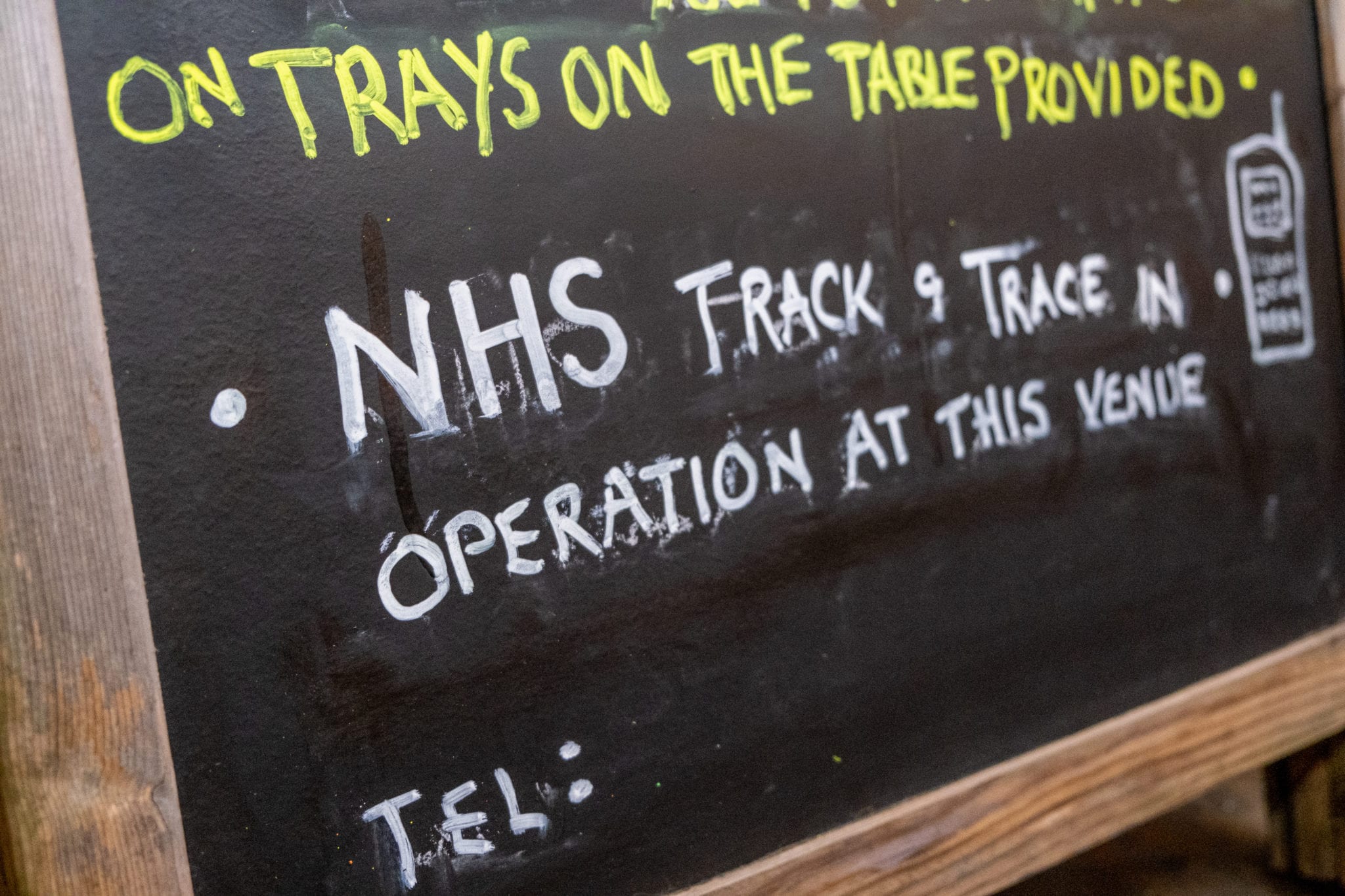NHS Test and Trace in the workplace: for employers
After a rough year of lockdowns, restrictions are finally starting to be lifted. This means that more people will be making the return to work.
To ensure that we all remain safe, NHS Test and Trace (which we are probably used to by now!) will remain in use, even in the workplace.
This blog post will talk you through how this will affect employers specifically.
Precautions that can be taken before employees return to work
It is still important to remember that working from home is still a thing.
Even though businesses are reopening, it is encouraged to continue working from home if possible. Employees should support workers having the ability to work from home.
NHS COVID-19 App
Employees should be encouraged to download the COVID 19 app. This will ensure that they remain safe and will know if they come into close contact with anyone that has the virus.
Rapid Tests
Rapid Tests are now available to everyone in England from the 9th of April. They are easy to get hold of and results can be seen in around 30 minutes.
You are able to register your interest to carry out rapid testing at your business.
Have a look at this blog post we have done earlier all about it!
Self-isolating when necessary
It is important that workers self-isolate as soon as they have symptoms or have been exposed to someone with the virus.
You can read the NHS guidance here to see how long you should self-isolate for.
It is an offence for an employer to allow a worker to come to work if they have to self-isolate.
Your business could receive a fine starting from £1,000 if it is found that a worker has returned to work failing to self-isolate or hasn’t carried out the full isolation period.
If a worker has received a notification from the NHS COVID 19 app, this will mean they will have to self-isolate and the same rules apply as above.
Close contacts
A close contact is when someone has been close to someone who has tested positive.
The contact time can be anywhere from 2 days before the person who tested positive developed symptoms and up to 10 days after. This is when the virus can be passed to others.
A contact could be anyone who:
- Lives in the same household as someone with symptoms or tested positive.
- Someone outside the household who has tested positive (e.g., being coughed on, having a face-to-face conversation of 1 metre, travelling in the same vehicle).
NHS Test and Trace will not usually consider someone who works through a Perspex (or equivalent) screen as long as there has been no interaction apart from this.
If someone was wearing personal protective equipment (PPE), this will not make a difference and NHS Test and Trace will still contact you.
If a worker tests positive
If someone tests positive, employers should call the Self-Isolation Hub on 020 3743 6715 as soon as they are made aware of a positive test.
Employers need to provide their 8-digit NHS Test and Trace account ID as well as the name of co-workers as close contacts.
This is to ensure that NHS Test and Trace can get in touch with the necessary employees and inform them that they will need to self-isolate to get the correct public health advice/support.
If workers cannot work from home while isolating, as an employer you may
- Allow workers to have the option to use their paid leave days.
- Pay contractual sick pay (where appropriate).
- Consider giving them the option to use Statutory Sick pay as a minimum (provided they meet the eligibility criteria).
- Make workers aware of the support available to help them self-isolate.
Employees in self-isolation should receive Statutory Sick Pay for every day missed during the self-isolation period (if they meet the eligibility criteria)
If you are a small or medium business (fewer than 250 employees) you may be able to reclaim costs for Statutory Sick Pay due to COVID-19.
You can find more about the employment rights for someone that needs to self-isolate here.
Collecting contact details for NHS Test and Trace and NHS QR code check-in
Organisations in the following sectors are legally obliged to request contact details of customers, visitors and staff, as well as displaying an official NHS QR code poster:
- Hospitality (including pubs, bars, restaurant and cafes)
- Tourism and leisure (including hotels, museums, cinemas and amusement arcades)
- Close-contact services (including hairdressers, barbershops and tailors)
- Services provided for social, cultural and recreational purposes in community centres and village halls
You can find the full list of organisations within the scope of these sectors here.
Organisations within the hospitality sector are required to take reasonable steps to prevent entry to those who refuse to provide their details or scan the NHS QR code.
Venues should ask every visitor to check-in using the NHS COVID-19 app if they have it, or by providing their contact details.
You can find out more about these requirements and how you can comply here.
You can read more in detail about NHS Test and Trace will affect you in the workplace as an employer here.
Subscribe to our Coronavirus Hub
To stay up to date on all things Coronavirus-related, make sure to subscribe to our Coronavirus Hub!
We share details on any new measures the government announces, as well as focusing on how they affect you as a business.


